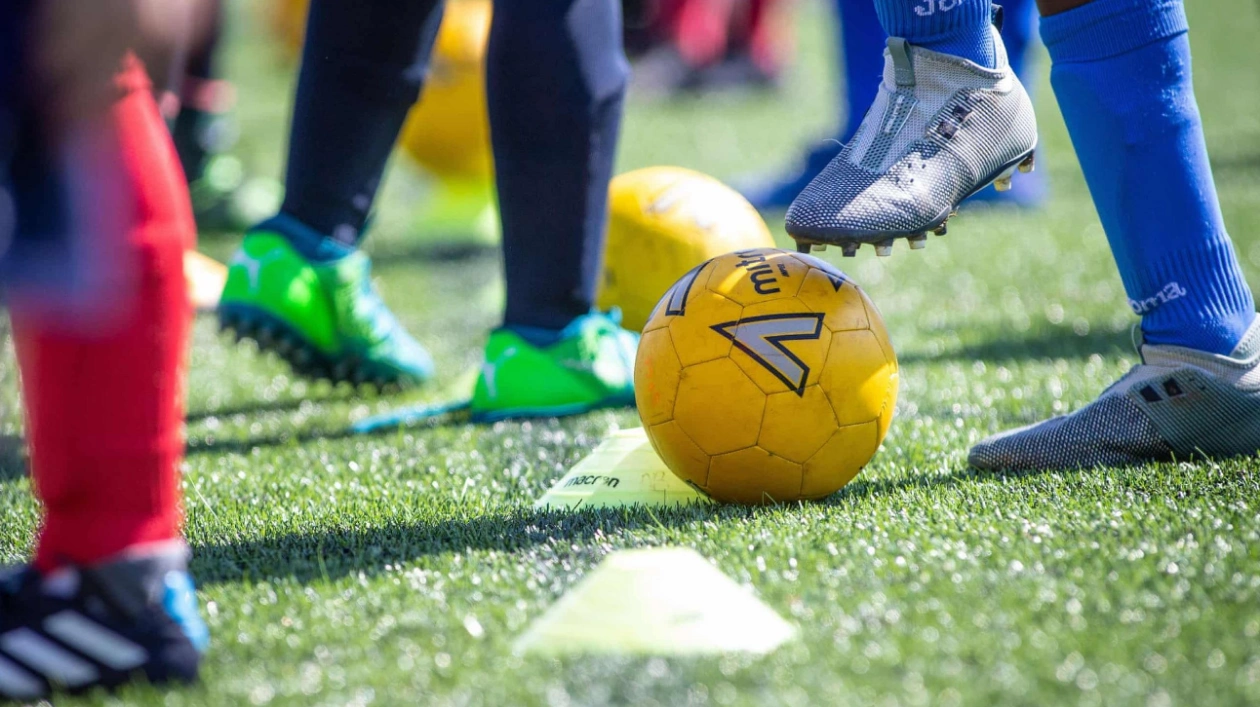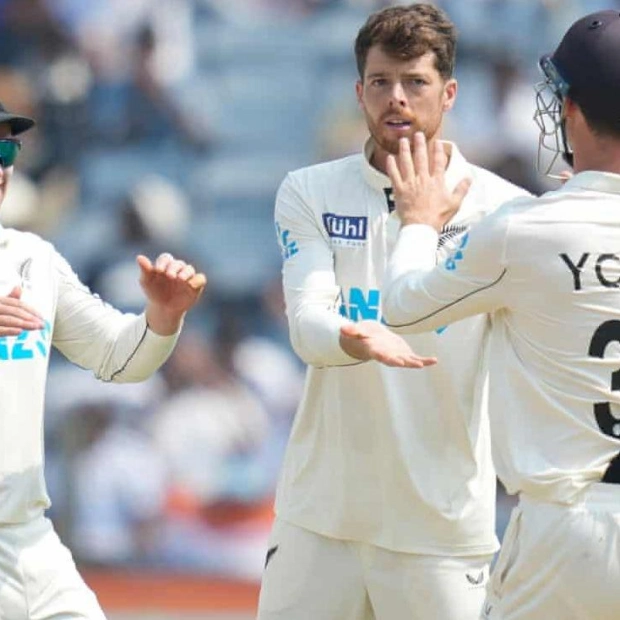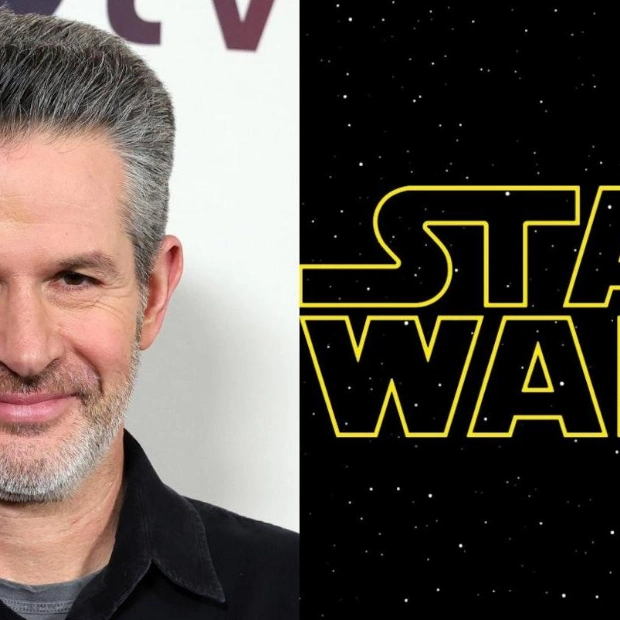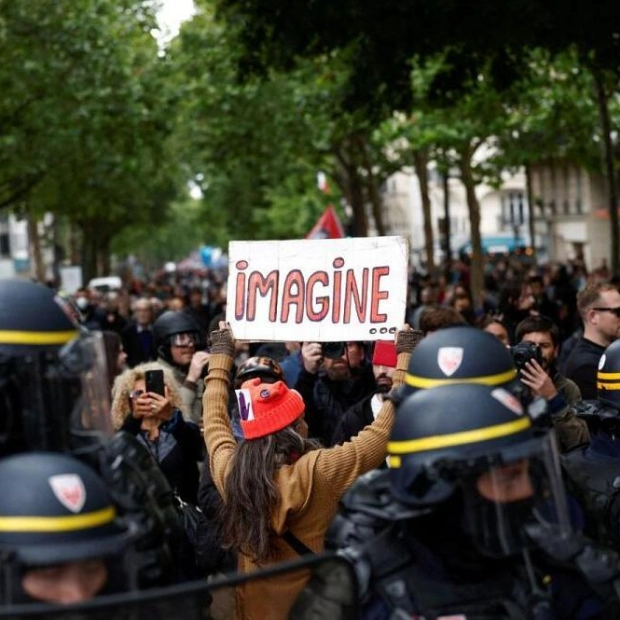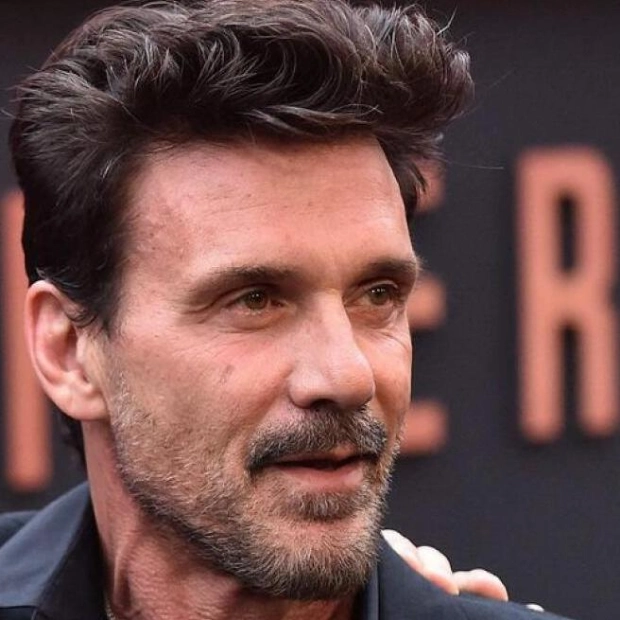Daniel Aldana shared a dream with millions worldwide: to become a professional footballer. All he needed was a chance. While training with a National League team, he received a LinkedIn message from someone claiming to be an agent, offering him a trial with a Swedish third-tier club. The agent requested a small fee for medical insurance, followed by an additional €350. Despite being deemed unsuitable, Aldana agreed to the trial, believing it was part of the game. Eventually, trial dates were confirmed, but another €200 was demanded for food during the trip. Aldana paid, only to be blocked on WhatsApp and social media by the agent.
Patrick Gustafsson, a part-time nursery teacher in Sweden, also harbored dreams of football stardom. His supposed agent contacted him about a trial in Belarus, asking for 7,000 Swedish krona (around £520). Gustafsson, unsure but desperate, paid the money, only to lose it all. Nathan Miles, another aspiring player, was offered a trial at Ukrainian club Zorya for a $741 registration fee. Despite initial promises of a $50,000 sign-on fee and $5,000 monthly wage, Miles realized the scam and tried to negotiate for the trial. However, further fees were demanded, and he eventually asked for a refund, which never came.
These stories highlight the desperation of young players and the vulnerability that scammers exploit. Josh Miles, Nathan's brother and co-founder of JNM Football, notes that many players know these opportunities are fake but cling to the hope that they might be real. Scammers often involve clubs with financial troubles, splitting the money from the scam. Other scams include charging players for trials with no intention of signing them and using counterfeit documents to appear legitimate.
To avoid scams, players should be wary of any request for fees, as Fifa regulations prohibit this. Official trial forms should be filed with Fifa, detailing travel, accommodation, and food expenses. Fake agents often make simple spelling and grammatical errors, and players can verify agents through online resources provided by the Football Association and Fifa.
Despite the shame and financial loss, players like Gustafsson hope that by speaking out, they can prevent others from falling into similar traps.
Source link: https://www.theguardian.com
